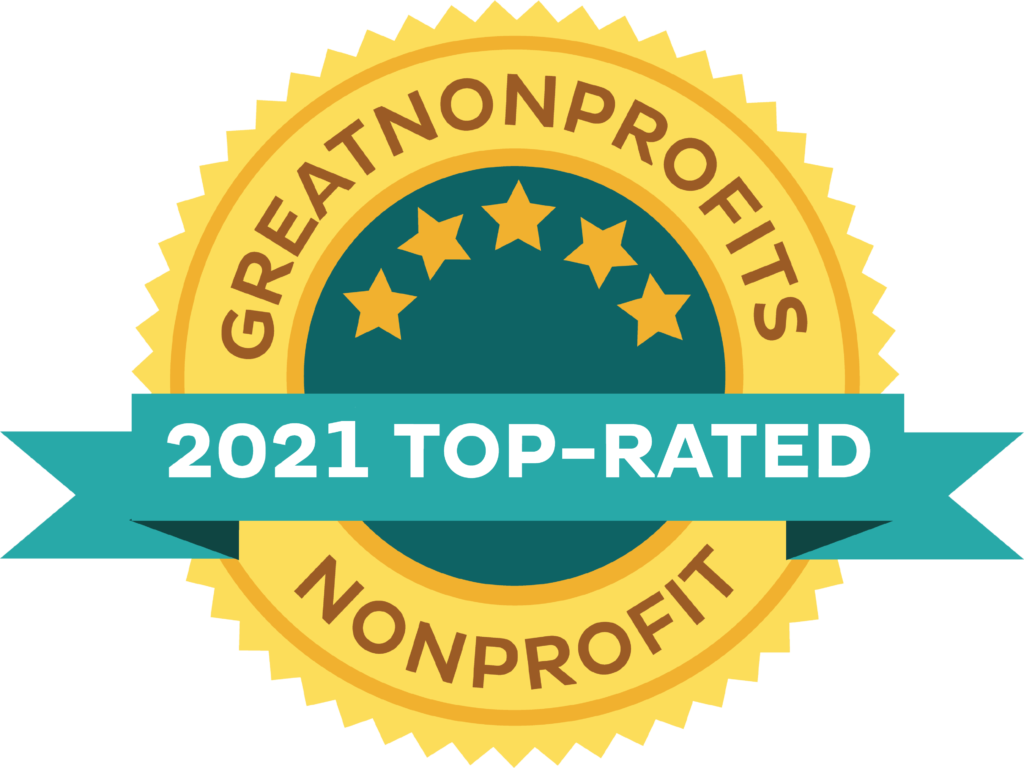SUMMARY OF REQUEST
Position: EAAC Workgroup Liaison Consultant (Fully Remote)
Project: Equitable Access to Appellate Legal System for Survivors of Domestic Violence and Other Unrepresented Marginalized Litigants
Family Violence Appellate Project (“FVAP”) seeks to engage survivors of domestic violence and other stakeholders throughout the state of Washington to better understand the landscape of experiences of those who navigate the Washington appellate legal system. FVAP seeks proposals from vendors to conduct a study and analyze the qualitative data to build and develop a report that articulates the findings.
Organizational Introduction:
FVAP is a California and Washington state non-profit legal organization whose mission is to ensure the safety and well-being of survivors of domestic violence and other forms of intimate partner, family, and gender-based abuse by helping them obtain effective appellate representation. FVAP provides legal assistance to survivors of abuse at the appellate level through direct representation, collaborating with pro bono attorneys, advocating for survivors on important legal issues, and offering training and legal support for legal services providers and domestic violence, sexual assault, and human trafficking counselors. By centering our work on the most marginalized survivors, including rural, immigrant, Native American, BIPOC, and LGBTQIA+ communities, FVAP works to transform the power of the civil legal system to support all survivors of abuse. A significant part of this work is ensuring survivors, especially those experiencing multiple oppressions, and the people who support them, have access to the legal information, resources and remedies they need to achieve justice.
Project Overview and Purpose:
The Need:
Domestic violence has devastating long-term consequences for young children and often serves as a barrier to their overall health and success. The trauma associated with families experiencing domestic violence also makes it more likely that the children will subsequently struggle with mental health and behavior disruptions, struggle in school and puts them at a higher risk for longer-term mental health and physical health issues and are more likely to engage and experience abuse themselves well into adulthood. When a legally incorrect decision is made at the trial court level–for example, denying a protection order or awarding custody to a parent with a history of domestic violence–these immediate harms can become intractable and ongoing harms. But an appeal, which every litigant has a right to, can reverse those harms, and provide a potential for healing and safety.
The appeals process can cost tens of thousands of dollars, and FVAP’s free civil legal services help defray some of those costs and make it possible for survivors of domestic violence to appeal. If FVAP is unable to directly represent a survivor, crucial legal information and technical assistance is provided to them to support their understanding of and access to the appellate court system.
FVAP firmly believes that accessible legal information about the appellate process, the rules of procedure, templates for appellate pleadings, should be provided to all litigants to ensure they can exercise their right to an appeal, and to decide if an appeal is the right recourse for them. Individuals with the means to hire an appellate counsel (costing on average $30,000-$50,000 not including the costs of an appeal) will have their rights explained to them and will be able to make informed decisions about whether or not to seek appellate relief. Even if appellate relief is unlikely to be successful, litigants with means will have the opportunity to try. But those who are unrepresented, low-income, from marginalized communities, etc., do not have the same access to the appellate courts. For them, this “right” to an appeal is essentially foreclosed. And without FVAP’s project goals of assessing the gaps, sharing, and providing plain language appellate self-help resources, providing appellate technical assistance, and also providing free direct appellate representation where possible, they likely never will.
Currently, data collected by the court has not served to address or remedy the issues faced by those who find themselves entering the appellate legal system.
To accomplish far-reaching changes to the appellate legal system, we must design new, trauma-informed approaches in collaboration with the communities that are most impacted. FVAP, in partnership with unrepresented survivors, advocates, civil legal aid attorneys, and court personnel will perform this task for the Washington appellate courts on behalf of survivors in the state by collecting data to assess gaps in services, and collaboratively craft solutions in order to work towards our vision of ensuring equitable access to the appellate legal system.
Objectives, Goals, and Deliverables:
- Participate in regular meetings with FVAP staff, members of the Equitable Access to Appellate Courts (EAAC) Workgroup, and Research Consultant;
- Collaborate with FVAP staff and Research Consultant to ensure relevant deliverables and timelines are being met;
- Act as subject matter expert in relation to providing consultation around court research and court-based program evaluation;
- Act as subject matter expert in relation to providing consultation around the translation of implementation science concepts into court and/or public justice systems;
- Provide consultation as it relates to trauma-informed interview protocol and questions; and
- Provide consultation and act as co-author in the report as it pertains to recommendations around appellate courts experiences, potential gaps and strengths, and necessary and relevant reforms. The recommendations will be developed in collaboration and consultation with FVAP staff and the EAAC Workgroup.


